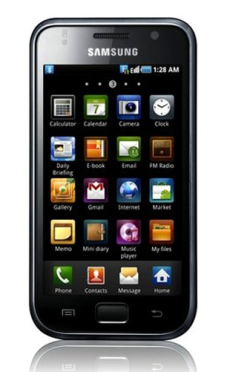"The outcome
of the legal battle between Apple and Samsung illustrates the failure of patent
law - and certainly U.S. patent law. Apple rejoices that the judgment has made
it clear that stealing is prohibited. That is true. But that begs the question
of what you can make your own property. ... The U.S. patent regime has ballooned
so much that every fart can be patented. That is absurd."
The
Netherlands - Trouw - Original Article (Dutch)
|
During a home game in California, Apple scored a victory
against their rival Samsung. The South Korean company has to pay Apple $1
billion for supposedly violating patents with its Galaxy smart phone. The
verdict was celebrated by Apple, but is bad news for the telecom industry,
consumers and ultimately for Apple itself.
The fact that members of the jury stated afterwards that of
course they preferred "their" iPhones left
a bitter aftertaste. A lawsuit like this, technically complicated as it is,
does not lend itself to jury trial. But that is another matter.
The key is that the outcome of the legal battle between
Apple and Samsung illustrates the failure of patent law - and certainly U.S.
patent law. Apple rejoices that the judgment has made it clear that stealing is
prohibited. That is true. But that begs the question of what you can make your
own property.
Posted by Worldmeets.US
The (American) patent regime has ballooned so much that every
fart can be patented. A device that fits in the palm of your hand therefore
contains tens of thousands of patents. That is absurd.
Patents exist to protect intellectual property. And that
protection is justified because it allows an inventor to exploit his invention.
If that option is not available, it doesn’t pays to invent, and innovation
comes to a halt.
In that sense, a patent system is good. But if it becomes so
extensive that everything can be patented, it also brings innovation to a halt.
Because one can’t think of anything new without infringing patents, none of
which you knew existed.
